Everything you need to know about stress and periods, why your perfectly regular cycle might get messed up and how to figure our your period due date!
Before I get started on today's post, please keep in mind, this information about menstrual cycle health is intended to be informational ONLY, not diagnostic. I'm sharing the most common scenarios regarding stress and periods. If something seems off about your period, you should seek the help of your OBGYN. Thank you!
So, it's begun.
I expected it, once all this started, but I decided to wait to address it until I had people reaching out.
Now, I'm getting emails, texts, IG DM's, and comments from friends, clients, and blog readers.
The two most common questions are:
- What the F is going on my period? It's late, what the heck? Is it because I'm stressed?
- My usually regular cycle is going crazy, and now I don't know what to do about seed cycling.
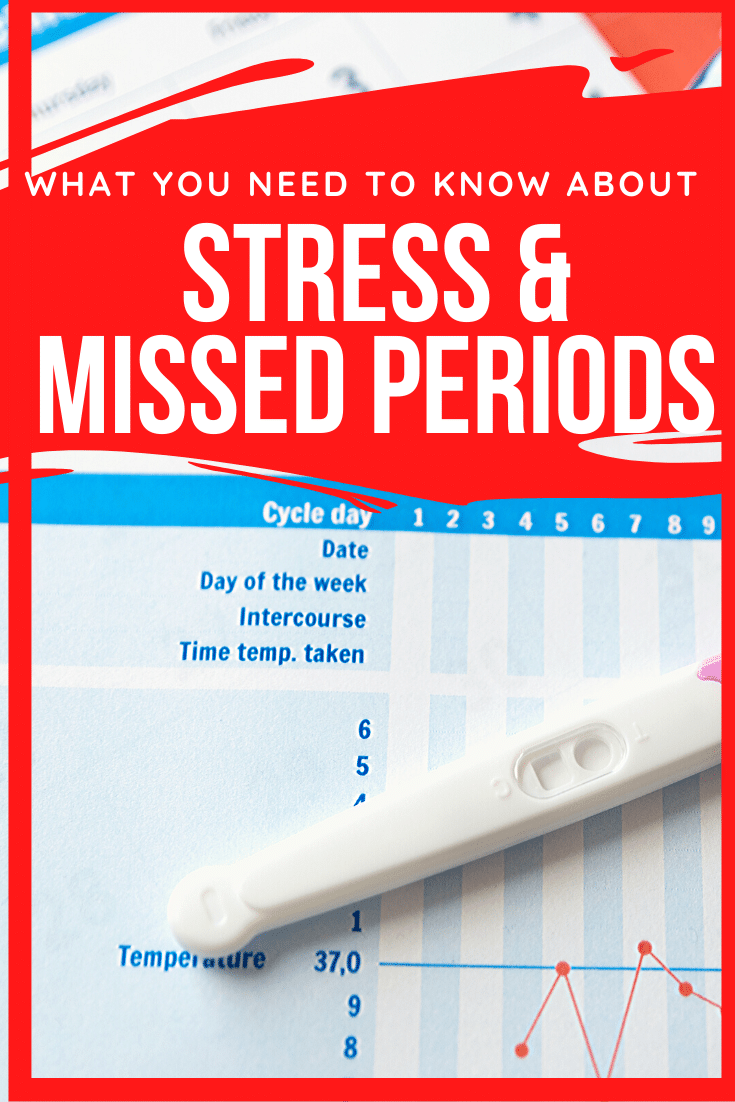
So first, let's address the stress portion.
How does stress affect your period?
If you remember back to any of the posts I've written about hormones like how to make your hormones work for you, why your hormones need carbs, seed cycling questions and answers, and ovulation effects, then you may remember your monthly cycle has two phases.
- Follicular Phase (beginning half) - Day one of your period until ovulation.
- Luteal Phase (second half) - Ovulation to the last day before you start your period.
Your body is designed to weather the harshest of conditions. As females, we have a much higher cost in reproduction than males do (9 months of pregnancy, risk of birth complications, and breastfeeding energy demands after), so our bodies are designed with that in mind.
In the case the body hormonally senses too much stress, it kicks on the fail-safe button and stops or delays ovulation.
What is "too much" stress?
As I discussed in my amenorrhea story, stress for one period means something different for each woman. However, everything is fair game. Your body produces cortisol from your adrenal glands, and the presence of cortisol indicates stress on the body. In today's society, we pump our cortisol like it's our one job on earth, versus in hunter-gatherer society when we only pumped it out when running from tigers.
So, there are a lot of stress factors that can contribute to cortisol production and therefore delay or stop ovulation.
Some examples:
- Traveling
- Big deadlines at work
- *Emotional stress
- Too few calories
- Too few carbs
- Overtraining
Sometimes, events going on in your life don't even feel stressful. Like maybe you are traveling to Europe on your dream vacation, stress and excitement can both cause stress hormones to be produced. Also, your body sometimes can perceive stress from dealing with constant new inputs, again, like with traveling.
So if in the last few weeks, your whole life changed, and you kept a positive outlook, felt like you meditated, tried everything to handle your stress, and your period is still delayed. It's not your fault. It's mother nature. Your body was probably still producing cortisol, and mother nature is responding accordingly.
Delayed Ovulation, When Should My Period Arrive?

In 99.9% of the "late" period cases, where a woman is NOT pregnant and there are no underlying medical conditions it's because her ovulation has been delayed. So, what that means is her follicular phase was lengthened. Now, here is the cool part, if you are tracking your ovulation, you can figure out when your adjusted period should show up.
(If you aren't tracking your ovulation, I highly recommend the book Taking Charge of Your Fertility (affiliate link) for learning to chart fertility signs. If it offends you, just skip past the anti-birth control Chapter 1 and read the rest.)
In most women, the luteal phase is consistent every single cycle. In an ideal world, your luteal phase would be 14-16 days. However, that's not always the case. Mine is usually 10-12 days max, indicating my low progesterone status and need for progesterone support during pregnancy.
That being said, if my period always shows up on day 12 after ovulation, then I know when my period will come, even if I ovulated late. For example, I typically ovulate on day 16, so since my luteal phase is 12 days, I usually expect my period by day 28. This month, I ovulated on day 20, which means my period should show up on day 32.
So I don't have to take 15 hundred pregnancy tests between day 28 and day 32, because I know my period isn't due until day 32.
To figure out when your period is due, add the number of typical luteal days to the day you ovulated. That is your adjusted period due date based on ovulation.
No Ovulation, When Should My Period Arrive?
This is a trickier situation. One that I knew little about until I recently had a close friend who this happened to.
Sometimes the body can just skip ovulation. And, as we saw with my friend, this can happen even if you get a positive ovulation test. This happens in a really low percentage of late periods, but it can happen.
When will your period arrive? It depends. In this case, your body could decide to go ahead and have a period before ovulating. We call this an anovulatory cycle, and it happens in less than 3% of cases. In some cases, you may not even know this happened.
Or, if your period is "late," you may still be waiting to ovulate. Look for signs of fertility to try and determine ovulation, then count the typical luteal phase post ovulation. In the case of my friend, it showed up about two weeks after her missed period, and there was no pregnancy or chemical pregnancy, as confirmed by blood work from her doctor.
So either her body went ahead with the cycle without ovulation, OR, she ovulated around her period and had her period two weeks later. It's hard to say. Was it stress-related? It could have been, or it could be a fluke.
How to Seed Cycle When Your Cycle Gets Messed Up
Another common question I'm getting is what to do about seed cycling when your cycle gets messed up. In this case, you have three options.
- Follow the moon cycles, trying to re-regulate your cycle.
- Continue phase 1 until you see signs of ovulation.
- Switch phase 2 on day 14, continue phase 2 until you start your period.
Option one is the most resisted answer I give, but also, the best option. It's kind of woo woo stuff. I get it. I don't' how it works, but I swear it does. So, check out the calendar and change up your cycling with the new moon/full moon. Soon enough, you'll see your cycle match up to it. It's CRAZY.
Or do option 2 or 3. I don't think either one is better than the other. In option 2, you are using the seed cycling to try and promote ovulation (with flax.) In option 3, you are trying to support progesterone production. Keep in mind seed cycling doesn't cause hormone balance. Instead, it gently supports hormone production. So either option you chose is great, and you are still getting a ton of healthy fats that are so good for you!
Question of the day:
Have you experienced cycle irregularity this month?
Do you track your period? What's your favorite app?

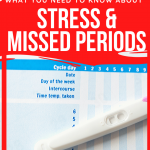
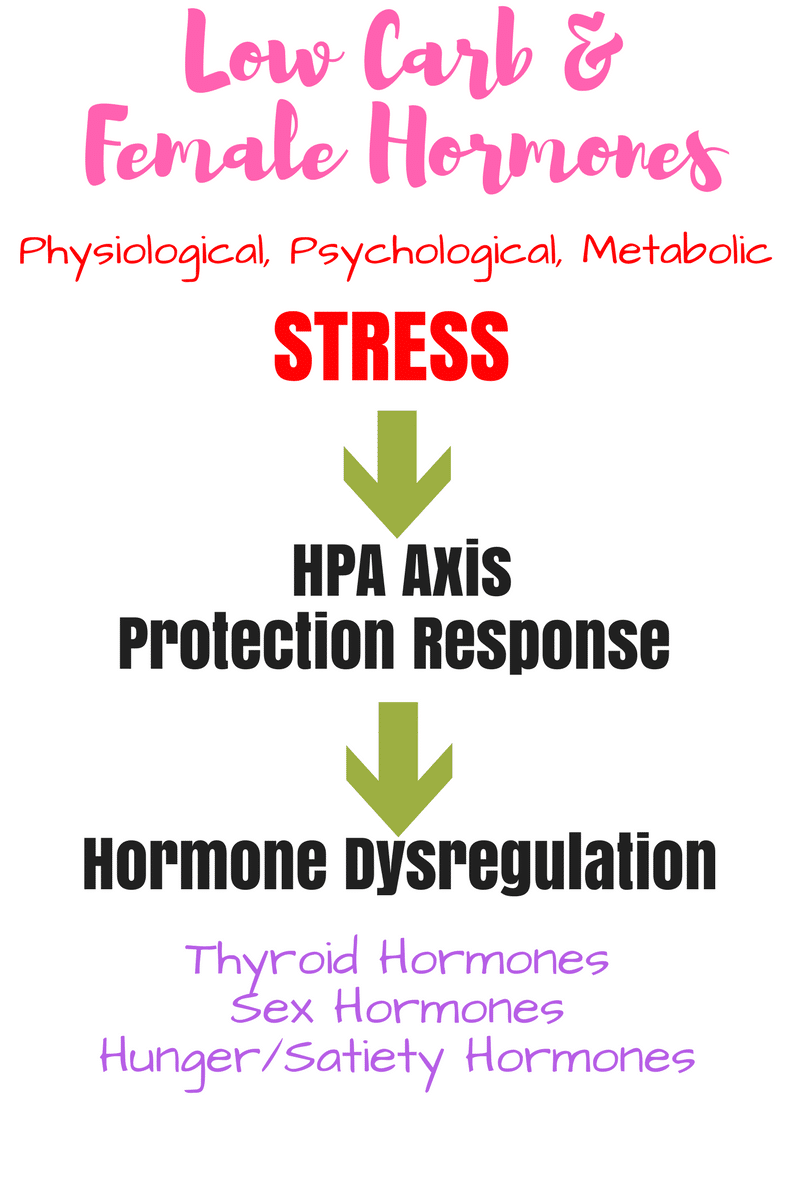

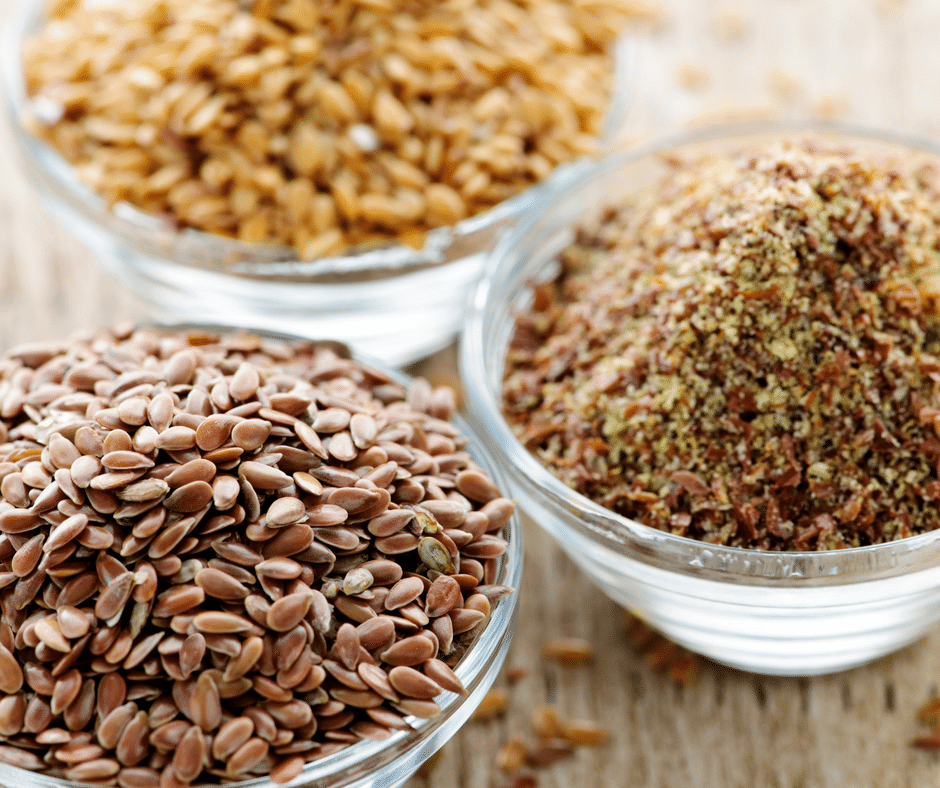

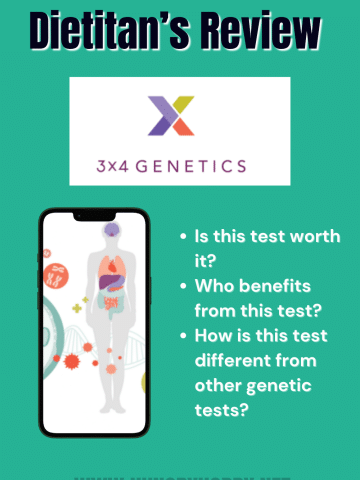


Isha Pandey says
This is awesome information Kelly 🙂 I lost my period for about 1.5 years due to my eating disorder but have been getting regular periods since October 2020, so over 12 consistent cycles. My cycle is usually 22-24 days but it's been 27 days and no period yet. I trach ovulation via EWCM but I don't think I got any this month.
I've been extremely mentally stressed and have been tired this entire month. I had so many mental breakdowns and there are a lot of terrible events going on in my life right now. On top of this, I regularly go to the gym. I thought that going like normal would give me energy but I found myself to be more tired.
I am scared that because of this, my periods will just completely stop again and that I will have amenorrhea again. Will this happen? Is there any way that I can decrease my changes of this happening by stressing less?
I haven't lost or gained any weight so I think stress is the problem but in my entire life, I have never skipped a period (other than during my amenorrhea phase, of course). Your advice is greatly appreciated 🙂